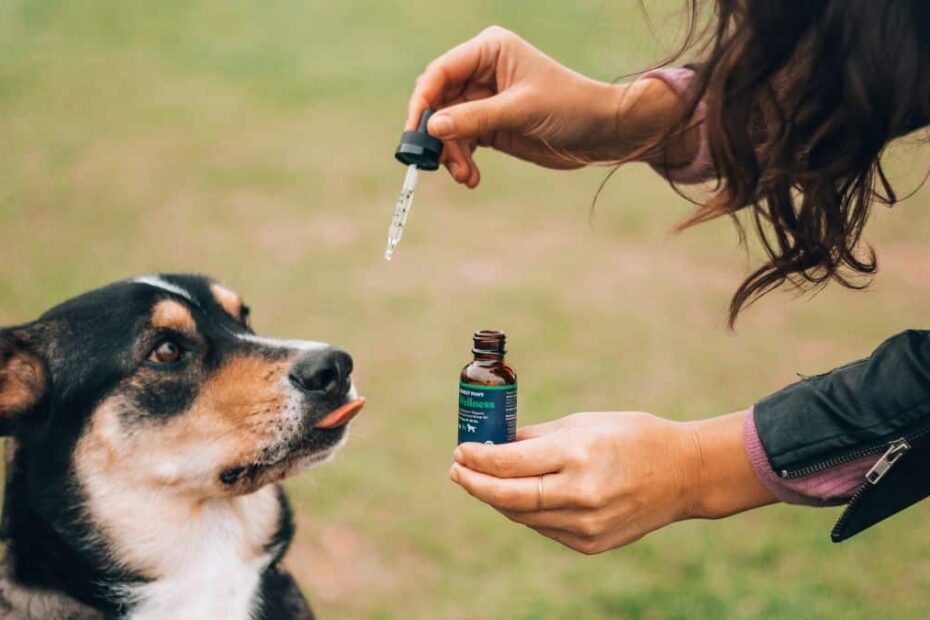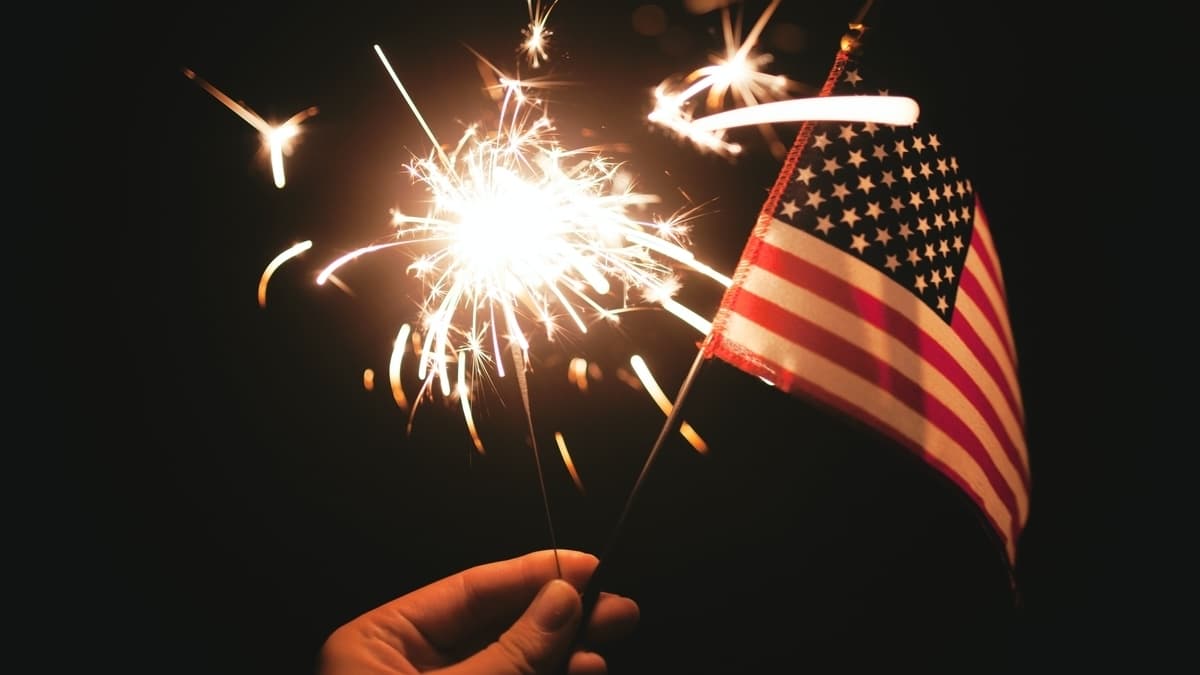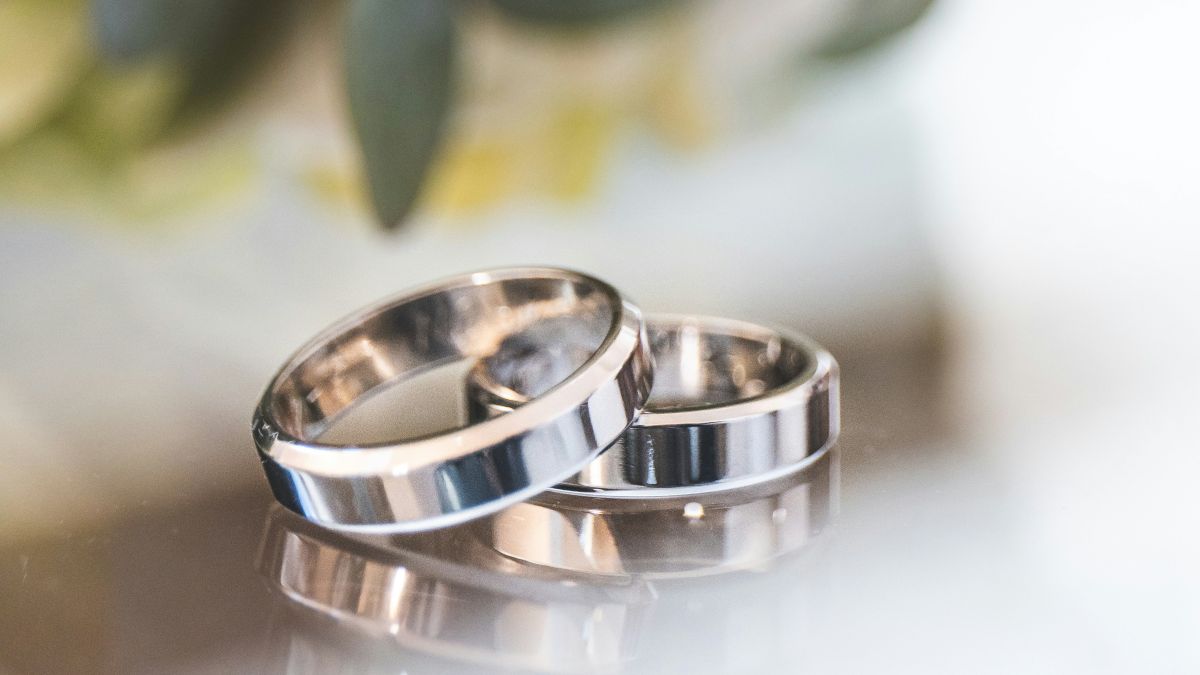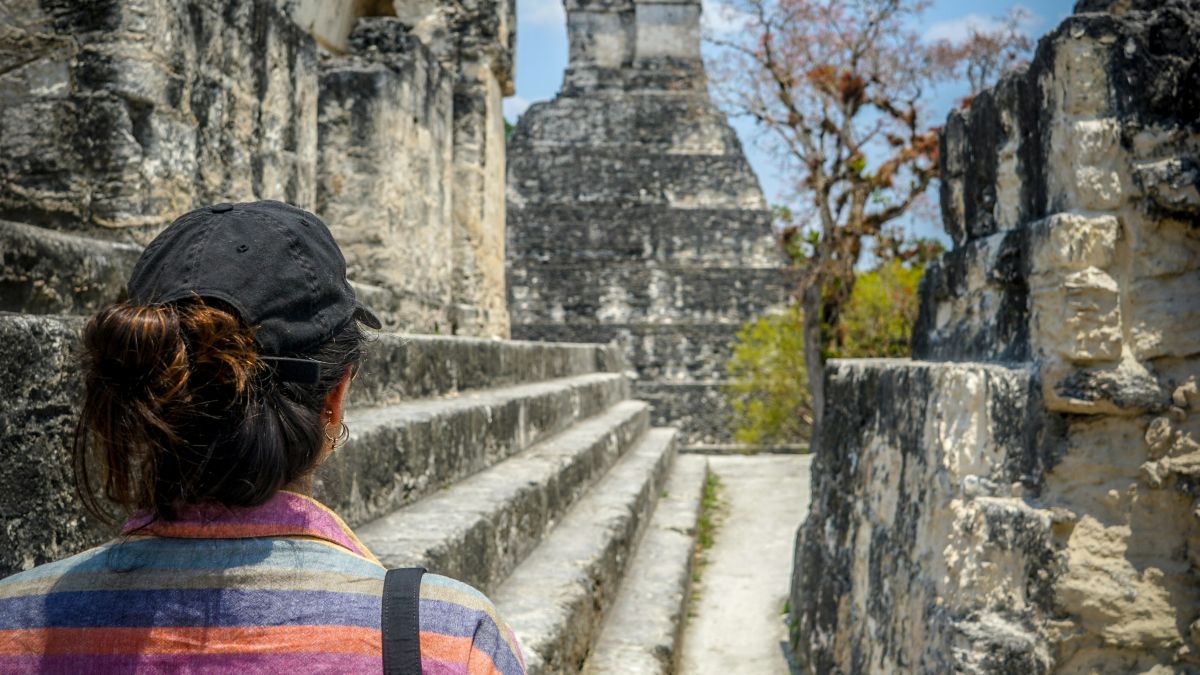Confused about whether CBD is legal and/or accessible around Central America? This country-by-country guide to buying or bringing in CBD oil, gummies, creams, or whatever should clear things up for you, as some countries in the region, unfortunately, still criminalize this wellness product.
I’m a CBD fan. A convert, if you will. I’ve always been somewhat of a sucker for alternative treatments and remedies, it’s true. But CBD is the real deal for me. It helps me sleep, it chills me out, gets rid of headaches, and I’m sure plays a part in keeping the darkest of the dark clouds at bay. I’ve never been a big weed smoker, could always take or leave the THC. But CBD and its health benefits? I’m sold.
And it’s not just me. I have an ancient dog with dementia. As I write this, he’s quite close to the end. He’s about 20 years old. But CBD has given him a new lease of life. It helps his dementia, calms him down, and improves his appetite. Most vets now sell CBD products for dogs, at least in the corner of Costa Rica where I live. He enjoys CBD-infused peanut butter most of all. Many of the pills no longer work, but CBD continues helping him make the most of what little time he has left.
What’s the difference between CBD and THC anyway?
There are many reasons why living in Costa Rica is like winning the lottery of life. The fact that CBD products are totally legal and found in health food stores, farmer’s markets, pharmacies, and, yes, at the vets is just another one.
And why shouldn’t CBD products be legal? The association with marijuana is ridiculous, even though I made it myself earlier in this article. It’s like comparing non-alcoholic beer to absinthe. Sure, CBD and marijuana both come from the cannabis plant, but there are distinct differences between them. While CBD is non-intoxicating and sought after for its potential therapeutic benefits, marijuana contains THC and is known for its psychoactive properties. In addition to CBD and THC, another cannabinoid called Delta-8 has entered the discussion. This is a minor cannabinoid found in hemp with mild psychoactive effects, and is often sold as Delta-8 gummies. We are talking strictly about CBD in this article.
CBD shows promise in treating the following health issues:
- Pain management. CBD is recognized for its analgesic properties, making it effective for managing pain. Whether it’s chronic pain, inflammation, or pain associated with specific conditions, CBD interacts with the body’s endocannabinoid system to alleviate discomfort and promote relief.
- Anxiety and stress reduction. CBD shows promising results in reducing anxiety and stress levels, with studies suggesting it can influence serotonin receptors in the brain. This promotes a sense of calmness and relaxation.
- Sleep aid. Quality sleep is essential for overall well-being, and CBD is a potential natural sleep aid. By interacting with receptors involved in the sleep-wake cycle, CBD may help regulate sleep patterns and improve the quality of sleep, offering relief to those suffering from insomnia or sleep disturbances like jet lag.
- Neuroprotective properties. The neuroprotective properties of CBD make it an exciting area of research, especially with conditions like epilepsy and multiple sclerosis. Studies have shown that CBD can potentially reduce seizures and provide neuroprotective effects.
- Skin health. The anti-inflammatory properties of CBD and its ability to regulate sebum production make it a potential option for managing eczema, acne, and psoriasis. CBD-infused skincare products are also gaining popularity for their natural and nourishing qualities.
- Anti-cancer effects. While research is still in its early stages, CBD has shown potential as an anti-cancer agent. Studies suggest that CBD may inhibit tumor growth and induce cell death in certain types of cancer.
- Cardiovascular health. CBD has demonstrated vasorelaxant properties, potentially aiding in maintaining healthy blood pressure levels. Its antioxidant and anti-inflammatory properties may contribute to cardiovascular health.
- Gastrointestinal disorders. CBD shows promise in managing gastrointestinal disorders such as inflammatory bowel disease (IBD) and irritable bowel syndrome (IBS). By interacting with the endocannabinoid system, CBD can reduce inflammation in the gut, alleviate pain, and potentially regulate bowel movements.
- Addiction and substance abuse. CBD has shown potential in mitigating addictive behaviors and reducing drug cravings. By interacting with brain receptors involved in addiction pathways, CBD may offer support for individuals seeking to overcome substance abuse.
- Mental health. CBD’s potential in supporting mental health is being explored, with studies indicating its positive impact on conditions such as depression, PTSD, and schizophrenia.
Despite the attributes listed above, some Central American countries still criminalize CBD in the same way they criminalize cannabis. What’s easy to buy in any given Costa Rican store is prohibited elsewhere in the region. This article is about informing you where you can buy CBD products in Central America, or bring your own (or accessories like, say, your CBDfx CBD vape pen) into the region. So let’s get started.
Many have heard the reported benefits of #CBD for cancer patients, but what’s the science behind this phenomena?
Find out about the antitumorigenic effects of CBD and how it can help reduce kidney damage from chemotherapy here: https://t.co/rJMLskQM4z #Oncology #CancerResearch
— InsideScientific | A Scientist.com Company (@InsideSci) June 19, 2023
A CBD tour of Central America
Belize
Belize allows CBD products. This goes with its general decriminalization of marijuana that we’ve discussed on this website. You can buy CBD around the country in pharmacies and other stores. If the THC content of CBD oil is below 0.3%, you won’t have issues bringing it into the country, either. Check out the Belize Tropical Hemp Company if you want to buy CBD in Belize.
Costa Rica
We won’t dwell too much here, as the entire introduction to this article focuses on buying CBD in Costa Rica. In the words of Barack Obama, yes we can. And we can also bring CBD products into Costa Rica, if we wish, as long as the THC content remains below 0.3%. I spoke about CBD for dogs in the introduction, so if you’re looking for a wonderful treat for your furry pal, check out Moka’s Treats. Any good pet store and supermarket around the Central Valley will sell it.
El Salvador
El Salvador is one of the most conservative countries in Central America for things like this. Marijuana is a long way away from legalization, although rumors are that President Nayib Bukele is open to change on this as part of his drive to attract tourists, surfers, and digital nomads. That said, it is possible to buy CBD products around the country, even if it’s illegal. There’s even Todo CBD El Salvador if you want a delivery service for your CBD (same day in San Salvador, within 1-2 days in the rest of the country). Word of warning, though. Don’t bring CBD into El Salvador. It’s evolving, sure, but not that fast.
Guatemala
Guatemala is a tricky one. On one hand, anything containing marihuana or hemp is illegal. Period. In 2019, authorities even raided a CBD business and jailed people for possession of dangerous products such as CDB hand cream and chocolates. Put simply, Guatemala is archaic. But when you go to the expat Facebook groups, people talk of stores where you can buy CDB in Guatemala. It’s a confusing situation, so we’ll veer on the side of no. And don’t even think of bringing your CBD products into the country.
Honduras
If you’re a CBD fan in Honduras, you’re probably in the wrong country. Like Guatemala, Honduras is no fan of these types of products and has an attitude mired in another time. It’s another country where you shouldn’t even think of bringing your CBD products into. Like in Guatemala, the expats on Facebook talk about stores selling CBD “if you know where to look.” The whole clandestine nature of the thing makes Honduras another hard no.
Nicaragua
Despite the 2019 suggestion of the son of dictator Daniel Ortega that cannabis products be fully legalized in Nicaragua, this country remains, like Guatemala and Honduras, on the wrong side of history. And that includes CBD products. Don’t bring your own in, either. Apparently some stores sell CBD, but don’t count on it…
Panama
Panama was the first country in Central America to legalize medical marijuana. Today it stands alongside Costa Rica and Belize as the one of the most progressive countries in the region regarding this issue. To a degree. You’re going to need a doctor’s prescription to access marijuana in Panama, but – for now – that doesn’t apply to CBD products, although CBD remains a grey area. It’s possible to buy CBD in Panama, and the overwhelming choice as far as the expat groups go, is Cloud Forest Botanicals out of Boquete. We don’t recommend bringing CBD products into the country.
Can CBD help you sleep? – https://t.co/Ucnij6aaaw pic.twitter.com/0x9wYc5mua
— Big in Boquete (@biginboquete) May 20, 2021
As far as CBD in Central America goes, Costa Rica is easily the friendliest place
The other countries, not so much, even if it’s possible to buy CBD in them. Consider CDB in every country apart from Costa Rica somewhat of a grey area, and if you do decide to bring in your own gummies, skin cream, or whatever, be careful.
It’s a great pity that so many countries in the region have such a backward view on CBD. The medicinal benefits of CBD can offer natural alternatives for various health conditions. From pain management and anxiety reduction to its potential cardiovascular health and skincare benefits, CBD’s versatility should make it a topic of interest for anyone. While further research is needed, the growing recognition of CBD’s potential in Central America opens doors for exploration and application in the realm of holistic well-being. And that should start with being able to buy the stuff freely and without fear of persecution.
James Dyde is the editor of centralamerica.com. He lives in Escazu, Costa Rica.




